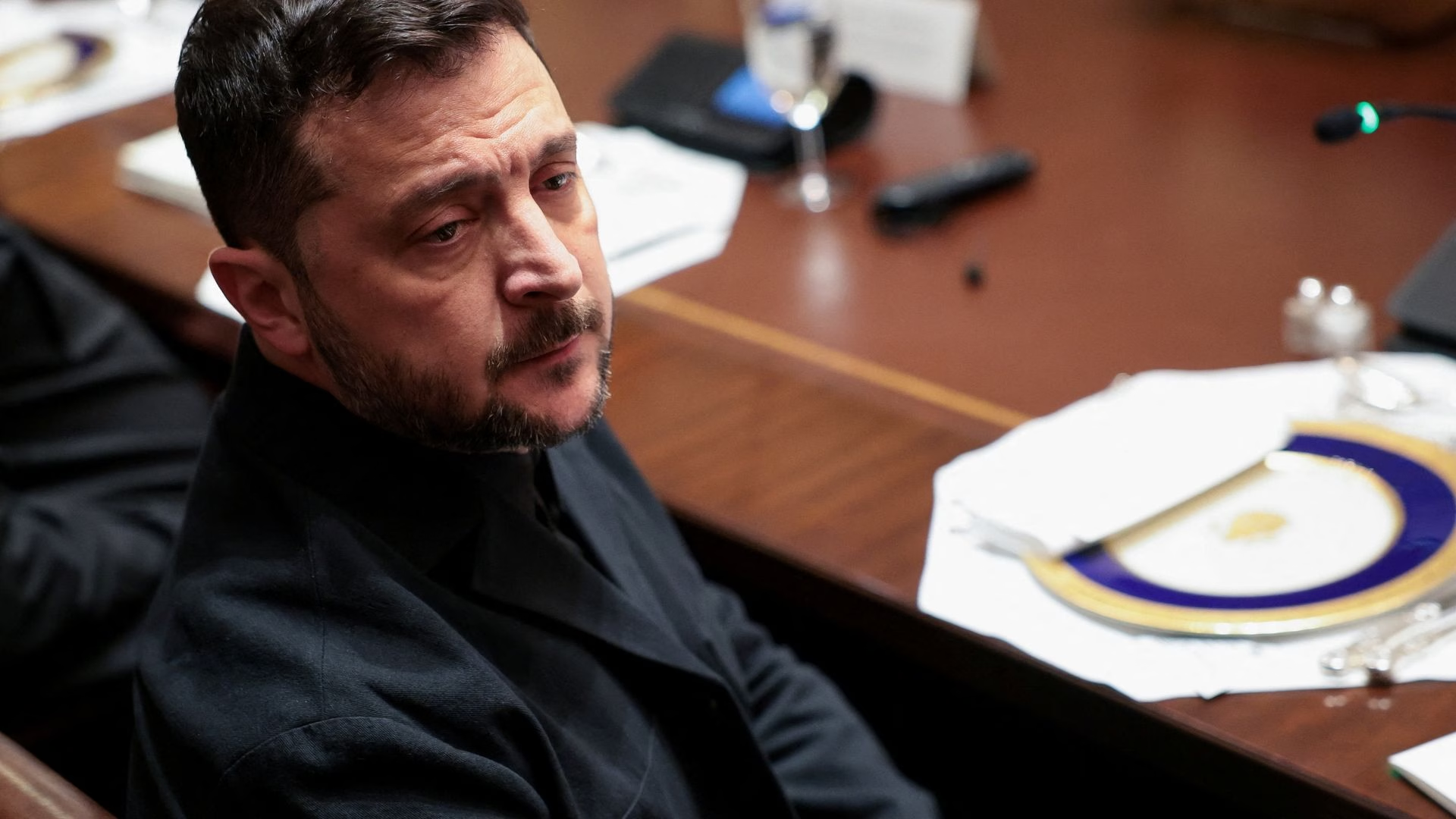Moments after dismissing a lawsuit three V.I. Elections Board members and one former senatorial candidate brought against the board’s chair, V.I. Superior Court Judge Alphonso Andrews Jr. said it was clear the action was brought amid “deep infighting” and that some board members “simply are unhappy” with chair Raymond Williams’s leadership.
“That unhappiness is not an issue for this court,” he said, declining to grant a temporary restraining order to halt future board meetings, denying all five of the plaintiffs’ claims and dismissing the complaint altogether.
Collister Fahie — who unsuccessfully ran for a seat in the 36th Legislature — and Elections Board members Harriet Mercer, Lawrence Boschulte and Atanya Springe filed a civil complaint against Williams this week, alleging that he was ineligible to serve on the board because of his positions with the V.I. Lottery, the Public Services Commission and as a “Cabinet member of the Bryan-Roach Administration.” The 15-page complaint also accused Williams of: conspiracy; abuse of authority under the color of law; violation of constitutional rights to equal protection, due process and free association; and fraud.
Andrews denied all of those claims — largely because the plaintiffs failed to submit evidence — and spent much of Friday’s hearing attempting to suss out what, exactly, the plaintiffs were asking him to do. Andrews repeatedly asked if they were seeking Williams’s removal as chair or from the board or what authority the court had to effect those removals. He later said that he was aware of no authority that would allow him to do so.
The initial complaint outlined months of grievances, including one that board members “have had their access to Board Meetings and Committee Meetings of the Board arbitrarily canceled, capriciously rescheduled, and intentionally disrupted by Raymond Williams by surreptitiously denying access to electronic means of communication (Teams) …”
That allegation appeared to stem in part from a decision Williams made to hold Elections Board meetings in person because of an “inability to manage” board members’ talking over one another, according to testimony he gave Friday after Assistant Attorney General Christopher Timmons called him to the stand.
Fahie, who was the only plaintiff to attend the hearing in person, called his co-plaintiffs to testify over the video conferencing platform Zoom. Mercer and Springette both testified virtually, but the court recessed twice Friday to allow them time to log in. More than once, Fahie noted that he traveled to St. Croix specifically to avoid any technical issues.
“Are you suggesting that in-person meetings are better?” Andrews asked him after the other plaintiffs failed to appear virtually following a 90-minute recess on Friday afternoon.
The court recessed to allow Fahie to contact the other plaintiffs, after which Fahie asked for a continuance because Mercer, whom he said had a prior engagement that afternoon, wanted to be present for the closing statements.
“She beat me over the head with that,” he explained.
Andrews denied the motion.
Mercer had testified earlier that Elections Board meetings are frequently “rambunctious,” which Andrews later said he interpreted as meaning “boisterous” and “difficult to control.” When Fahie asked Mercer about problems with the board, Mercer indicated that the main issue was members not listening to each other.
Andrews cited those comments in his final remarks and suggested that board members listening to and respecting one another more could lead to a resolution. The voters who elected them, he said, “will expect nothing less.”
St. Croix Source
Local news



